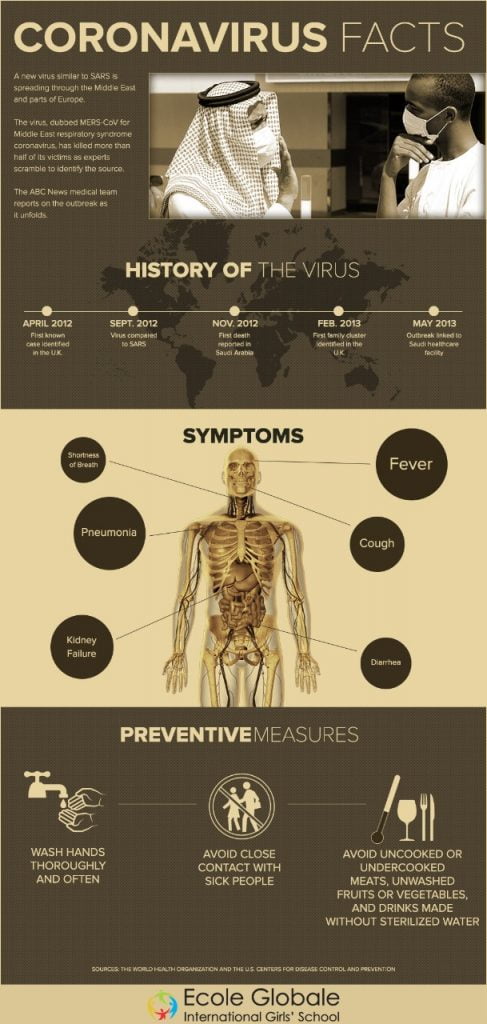The global pandemic of COVID-19 has cast a wide net over humanity, forcing individuals and communities to contend with its myriad challenges. Amid this crisis, a reflective examination of historical pandemics through the lens of Bahá’í teachings provides not only insights into the resilience of the human spirit but also an impetus for collective growth and unity. This exploration delves into the dual nature of history as both a teacher and a witness, illuminating lessons that echo the core principles of the Bahá’í Faith.
To begin with, history is replete with tales of calamities that have shaped societies. Pandemics, in particular, such as the Black Death in the 14th century or the Spanish flu of 1918, serve as stark reminders of humanity’s vulnerability. The Bahá’í teachings emphasize the necessity of learning from the annals of history to better prepare for present and future challenges. This is encapsulated in the belief that ‘history is a record of the collective experience of mankind.’ In acknowledging the cyclical nature of these events, one must recognize that the patterns of human behavior, both commendable and lamentable, have persisted across generations.
Consider the concept of unity, a fundamental tenet of the Bahá’í Faith. The global crisis of COVID-19 has illuminated the urgent need for collaboration and solidarity among individuals, communities, and nations. The interconnectedness revealed during this pandemic reflects the Bahá’í vision of humanity as a single, cohesive entity. History has repeatedly demonstrated that societal fragmentation, particularly in times of crisis, breeds further disarray. The cholera outbreaks of the 19th century, for instance, showcased how lack of cooperation exacerbated the spread of disease. The lessons drawn from these events echo in the present context; a collaborative approach is not merely idealistic but essential for overcoming adversity.
Moreover, the ethos of compassion permeates Bahá’í teachings. During the COVID-19 pandemic, acts of kindness and generosity resonated profoundly throughout the world, reminiscent of how communities banded together during the 1918 flu outbreak. Historical accounts reveal that individuals who fostered a spirit of service not only bolstered their neighbors but also fortified their own resilience. The Bahá’í perspective encourages the cultivation of virtues—those intrinsic qualities that enable us to transcend our personal concerns and attend to the well-being of others. This paradigm shift from an individualistic to a collective mindset is imperative as humanity grapples with contemporary challenges.
The aspect of learning extends beyond mere observation; it necessitates an active engagement with history. The Bahá’í teachings assert that ‘the only way to address the challenges of today is to transform our thinking.’ Reflection upon past pandemics illustrates the potential for agriculture, healthcare, and social practices to evolve in the face of adversity. For instance, the way cholera prompted advances in public health infrastructure highlights how crises can spur innovation. Within the contemporary narrative of COVID-19, there exists an opportunity to reexamine our socioeconomic frameworks. By adopting a more equitable approach, informed by historical lessons, societies can work toward profound reform that prioritizes the health of all individuals.
The metaphor of a tapestry proves poignant here. Each thread represents an individual life, intricately woven with those of others. The experience of a pandemic is akin to an unraveling of this tapestry, where the fragility of human connections becomes starkly apparent. However, just as the looms of artisans can mend broken threads, so too can humanity rebuild and strengthen its communal fabric. This metaphor underscores the Bahá’í premise that humanity’s interdependence compels us to act with foresight and unity, transforming challenges into opportunities for collective advancement.
Furthermore, the notion of patience emerges as a crucial lesson from both history and Bahá’í teachings. The pandemic has tested our fortitude, compelling individuals to adapt to prolonged uncertainty. History demonstrates that patience, often a precursor to progress, has been vital during other catastrophic events. The importance of reframing our understanding of time—viewing difficulties as periods for reflection rather than mere impediments—resonates deeply with Bahá’í thought. The concept of time in Bahá’í philosophy invites an expansive vision, one that perceives obstacles as stepping stones toward eventual triumph.
Inextricably linked to patience is the notion of hope, a tenet that adorns Bahá’í teachings. History teaches us that beyond every trial lies the potential for renewal. Such lessons are embedded within the narratives of recovery after epidemics, where humanity emerges not only scarred but also wiser. The tribulations endured during COVID-19 shall inevitably recede, leaving behind a legacy of growth shaped by our reactions. Bahá’í philosophy encourages the cultivation of a steadfast hope that inspires action—in anticipation of the future, we are empowered to contribute positively; we are architects of our own evolution.
Ultimately, the pandemic has brought forth a clarion call for humanity to evolve. The amalgamation of unity, compassion, learning, patience, and hope — all integral components of the Bahá’í teachings — urge us to transcend our individual experiences and embrace this unprecedented moment as an opportunity. As we glean wisdom from history, we are reminded that calamity, when met with courage and solidarity, can serve as a catalyst for progress and a precursor to a more united and compassionate world.
